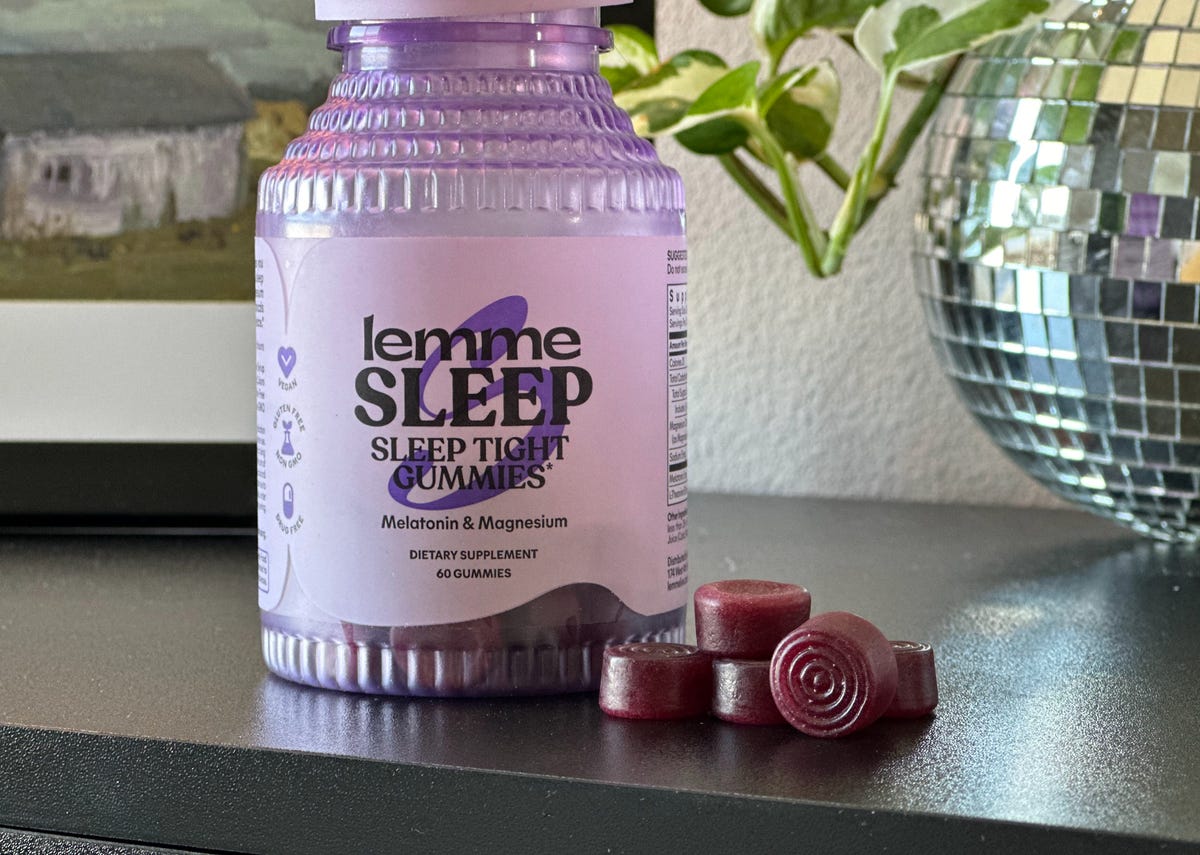In today’s fast-paced society, many individuals struggle to get the restful sleep they need. Sleep disorders, such as insomnia, have become increasingly common, leaving people feeling fatigued and stressed throughout the day. As a result, sleep supplements sleep supplements have gained widespread attention as a potential solution for those seeking better quality rest. These supplements often promise to improve sleep patterns by supporting the body’s natural ability to relax and fall asleep. However, while sleep supplements can offer benefits, it’s essential to understand how they work and what to consider before incorporating them into a routine.

Sleep supplements typically contain natural ingredients that have been shown to promote relaxation and support healthy sleep cycles. Melatonin is perhaps the most well-known ingredient found in many sleep aids. This hormone is naturally produced by the body to regulate the sleep-wake cycle, signaling when it’s time to rest. For those who have difficulty falling asleep due to jet lag or irregular schedules, melatonin supplements can help reset the body’s internal clock. By increasing melatonin levels, these supplements can encourage a smoother transition into sleep, allowing users to fall asleep more quickly and stay asleep throughout the night.
Another popular ingredient found in sleep supplements is valerian root, an herb that has been used for centuries to treat anxiety and sleep disturbances. Valerian root is believed to increase GABA, a neurotransmitter that helps relax the nervous system. This calming effect can help reduce the mental and physical tension that often hinders sleep, making it easier for individuals to drift off. Many people use valerian root for its mild sedative properties, which help with both falling asleep and improving the quality of sleep.
Chamomile, lavender, and passionflower are other herbs commonly used in sleep supplements for their soothing effects. Chamomile is widely consumed as a tea before bed, as it has a gentle calming influence that promotes relaxation and helps ease anxiety. Lavender, often used in aromatherapy, has been shown to reduce the time it takes to fall asleep and enhance overall sleep quality. Similarly, passionflower, known for its ability to reduce anxiety, can help relax the body and mind, allowing for a deeper and more restorative sleep.
Although sleep supplements can provide temporary relief for sleep disturbances, it is important to approach them with caution. They are not intended as long-term solutions for chronic sleep problems. Supplements should be used as part of a comprehensive approach to improving sleep hygiene, which includes maintaining a consistent sleep schedule, creating a comfortable sleep environment, and managing stress levels. Moreover, individuals with existing health conditions or those taking other medications should consult a healthcare professional before using sleep supplements.
In conclusion, sleep supplements offer a natural way to enhance sleep quality, especially for individuals who struggle with occasional insomnia or anxiety-related sleep issues. Ingredients like melatonin, valerian root, and chamomile have been proven to promote relaxation and support the body’s natural sleep cycle. However, while sleep supplements can help improve sleep, they should be used thoughtfully and in conjunction with healthy lifestyle habits for optimal results.